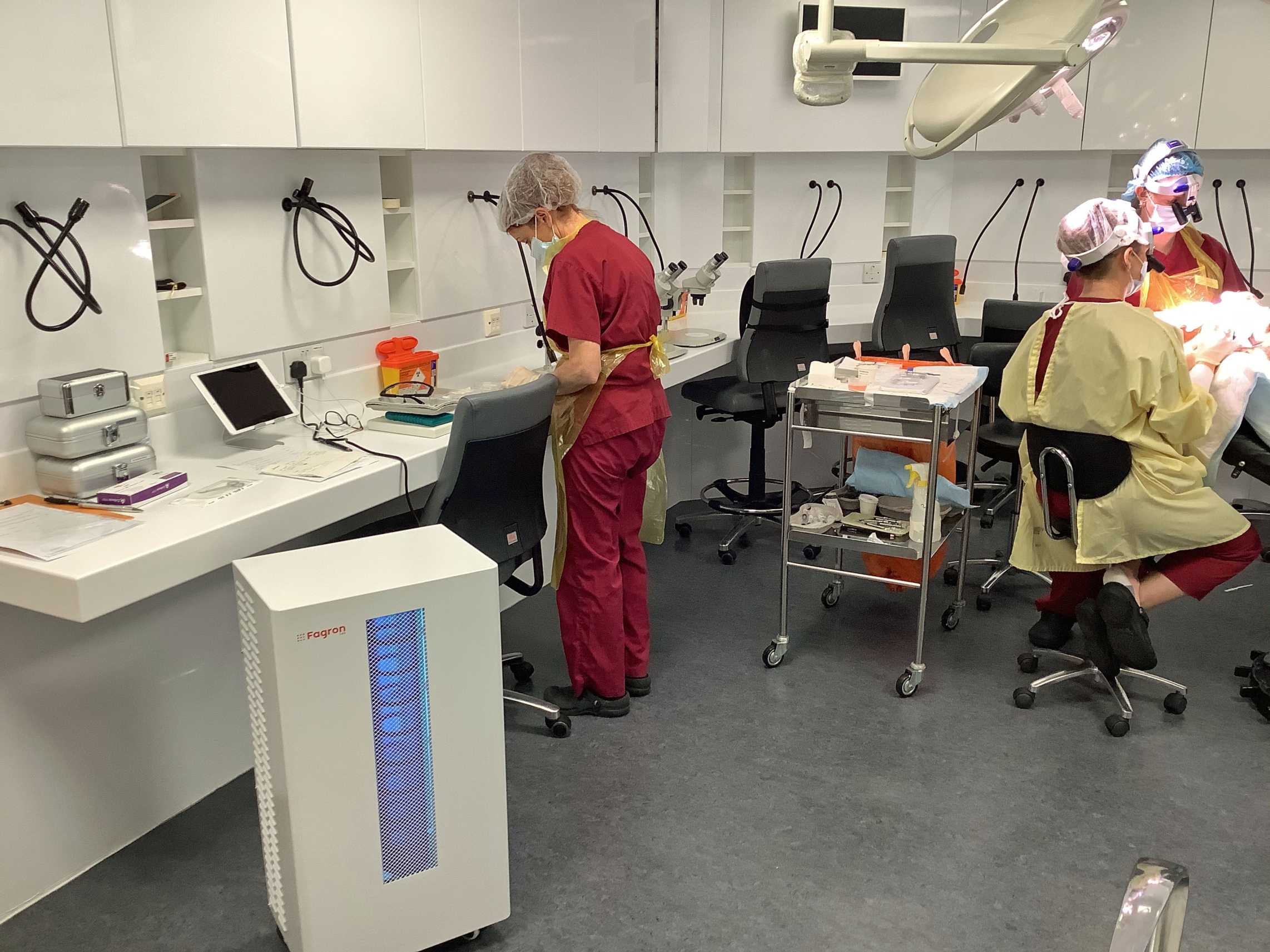Men’s Health
2nd November 2010
I’m often asked to give commentary to various newspapers and magazines regarding hair loss. Recently, I was asked to contribute to an article in November’s Men’s Health titled ‘Hair Today’.
The magazine hit the newsstands last month and, whilst on the whole, the feature is interesting and informative, I do have a few reservations about some of the advice given.
For example, the feature recommends using SLS-free shampoo to help with hair loss. Sodium Lauryl Sulphate (SLS) is a common ingredient in many shampoos and other products. SLS is a hot topic at the moment, as there are claims that is has a toxic effect on the skin. Whereas there is mileage in the claim that an SLS-free product would not be toxic, as it stands, I’m not aware of any scientific evidence that suggests an SLS-free shampoo would have any beneficial effect with regards to preventing hair loss or promoting hair growth.
Minoxidil (or Regaine®) – quite rightly so – is a renowned hair loss treatment. It is, in fact, one of the only medicines proven to provide results in many cases. However, it doesn’t work on the hair via increasing blood supply to the scalp, despite the claims of the article. For many years now, Dr Nilofer Farjo and I have been collaborating with Professor Randall and her group at the University of Bradford on this subject. We have shown (and published our study in a peer reviewed journal) that Minoxidil actually exerts its hair promoting action via the potassium channels in the tissue, not by increasing blood supply.
One thing that did grab my attention in the article is the mention that Propecia® (finasteride) can be obtained on the internet, or from certain pharmacies without a doctor’s prescription. Whilst this is true, I feel it is irresponsible to recommend this as a viable option for men worried about their hair loss. Without the involvement of a recognized expert, they most likely would end up losing any sound medical advice and proper follow up by an experienced and acknowledged hair practitioner. Also, you would have no idea what you’re actually receiving when ordering from a generic internet site.
It is also suggested in the article that Low Level Light Therapy (LLLT, commonly referred to as laser) encourages hair growth by increasing blood supply to the scalp. My concern here is that there is no evidence to suggest a lack of blood in the first place will cause the typical patterned hair loss we see. LLLT has been a controversial therapy that has suffered credibility partly due to a sales push ahead of scientific proof. This does not mean it would not work as there are ongoing studies; it just means that we don’t know the full facts and willing patients need to understand this. The suggested mechanism of action is potentially complex involving cell enzymes and changes in gene expression.
The article also informs the reader that Platelet Rich Plasma (PRP) can be injected into the scalp to stop hair thinning, when in fact there have been no proper studies carried out or sufficient evidence to support this. Many have now stopped using PRP after concluding that it has no benefit to the patient. Due to this lack of evidence, whenever this procedure is carried out, it’s important that the patient is aware that this is experimental and consents to the procedure on that basis.
Like I said, the article is generally very good. However, if you really want to get accurate advice about hair loss and the various treatments available, I strongly recommend information from the experts at reliable sources such as the Institute of Trichologists, the International Society of Hair Restoration Surgery, the British Association of Hair Restoration Surgeons, as well as the extensive patient forums, blogs and articles on the Hair Transplant Network and the International Alliance of Hair Restoration Surgery.
Tags: British Association of Hair Restoration Surgeons, Dr Nilofer Farjo, Hair Transplant Network, Institute of Trichologists, International Alliance of Hair Restoration Surgery, International Society of Hair Restoration Surgery, low level light therapy, Men’s Health, Minoxidil,Platelet Rich Plasma, Regaine, SLS-free shampoo


